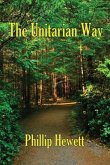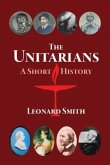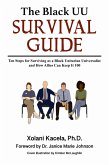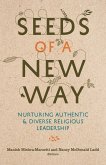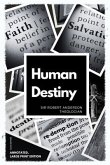In "Unitarianism in America," George Willis Cooke provides a comprehensive examination of the development and influence of Unitarian thought within the American religious landscape. The book is characterized by a clear, analytical prose that combines historical narrative with theological discourse, making it accessible to both scholars and general readers alike. Cooke deftly situates Unitarianism not only within the context of American religious diversity but also in relation to broader Enlightenment ideals, illustrating how Unitarian principles evolved amidst societal shifts, such as the transcendentalist movements and the push for social reform in the 19th century. George Willis Cooke, a prominent theologian and historian, dedicated much of his career to the study of Unitarianism and its leaders. His deep engagement with Unitarian principles stems from his own background as a Unitarian minister, informed by a commitment to religious liberalism and social justice. Cooke's scholarship reflects a desire to articulate the significance of Unitarianism in American culture and to address the challenges faced by religious institutions in a rapidly changing society. For readers interested in the intersections of religion and American history, "Unitarianism in America" is an essential read. Cooke's scholarship not only enriches our understanding of a distinct theological tradition but also invites contemplation on its enduring relevance. This book serves as a valuable resource for those seeking insight into how Unitarianism has shaped, and continues to shape, the moral and ethical landscape of the United States.
Dieser Download kann aus rechtlichen Gründen nur mit Rechnungsadresse in A, B, BG, CY, CZ, D, DK, EW, E, FIN, F, GR, HR, H, IRL, I, LT, L, LR, M, NL, PL, P, R, S, SLO, SK ausgeliefert werden.
Hinweis: Dieser Artikel kann nur an eine deutsche Lieferadresse ausgeliefert werden.



